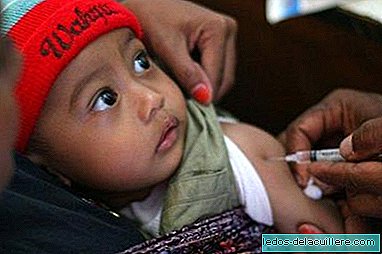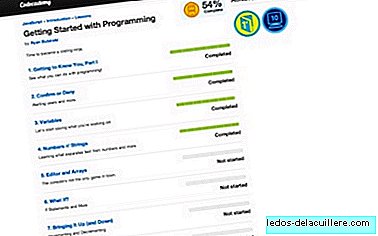
The number of children with allergies has grown in recent years, and these processes can occur in any context, including the school. However, in this area there is very little preparation to act in case of allergy.
Given the risk of allergic reactions in school, to have greater safety in children with allergies, the Spanish Society of Pediatric Allergy and Clinical Immunology (SEICAP) has developed a Decalogue of measures on how to act in schools before allergies.
SEICAP points out that allergies affect a quarter of European school children, reduce their quality of life and can have an impact on their school performance and in many cases lead to lack of attendance.
There are students who suffer at the same time different diseases and the reactions can lead to anaphylaxis or even death, but schools are not prepared for it. The Society claims a protocol of action in schools, as well as a training program that should include families and education and health professionals.
There are also legal issues to deal with, because in some educational centers students are not allowed to carry emergency medication, or the teacher does not have a specific duty in terms of protecting the child's health, with which he is not authorized to administer the medication.
Peer rejection could be a "side effect" of allergy that is not related to health, but must also be prevented and avoided.
Let's see what is the Decalogue of action in schools to allergies:
Designate a person responsible for the general organization of child care with severe allergic or asthmatic reactions. This person should ensure that the child at risk is well identified by all school staff.
Be in possession of the report of the diagnosis and the treatment that the pediatric specialist has prepared. Parents should provide a copy of it to school staff.
The person in charge will designate several people who know how to act in response to a specific child's reaction.
School personnel should receive training from a healthcare professional on allergen avoidance and emergency recognition and treatment for an allergic reaction.
The person in charge must keep the emergency medication in a safe but accessible place in case of emergency.
The person in charge must know how to administer the emergency medication in case there can be no delays.
Those responsible should know the circuits of urgent medical care and notice to parents or guardians.
Kitchen staff and dining room monitors should be well informed about food allergies that students may have.
The school staff must take precautions in all areas of the school: classrooms, playgrounds, gyms, sports fields, laboratories, workshops, buses ...; but also in all those activities carried out outside the school such as excursions or trips.
School personnel must have immunity from legal charges for the consequences of administering emergency or rescue medication.
As we see, each of the points of this Decalogue of action in schools to allergies It is important. The first thing that should be avoided, and this is a pre-school assignment, is the absence of diagnosis or information from parents, important inconveniences.












